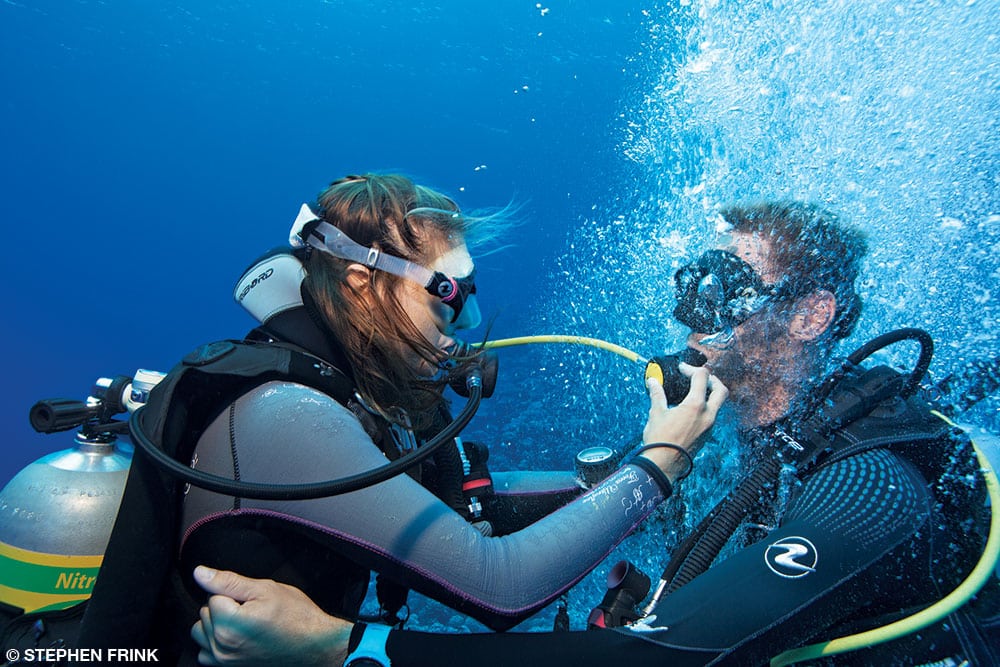
Climate change is altering the very environments that divers explore. Rising sea temperatures, coral bleaching, shifting marine habitats, and stronger storms are reshaping the underwater world. These environmental changes are not only affecting marine ecosystems but also influencing the design and innovation of scuba diving products. Manufacturers are recognising that divers face new challenges and are responding with upgrades in technology, durability, and sustainability.
Advancements in Thermal Protection
As global warming affects water patterns, divers are experiencing a wider range of temperatures during their dives. Warmer waters in tropical locations may seem comfortable, but unpredictable currents and seasonal changes can bring sudden shifts. Wetsuits and drysuits are being redesigned to provide flexible thermal protection. Modern wetsuits are made with eco-friendly neoprene alternatives that reduce carbon footprints while offering better insulation. These suits are also designed with lighter materials that allow divers to adapt more easily to changing water temperatures without sacrificing comfort or mobility.
Improved Breathing Systems for Changing Conditions
Ocean acidification and fluctuating water conditions require breathing equipment that performs reliably in diverse environments. Regulators, which supply air from tanks to divers, are now engineered with advanced materials that resist corrosion and maintain performance under varying pressures and temperatures. Some manufacturers are also introducing more energy-efficient designs that extend the life of the equipment. By prioritising both safety and environmental resilience, diving equipment is better prepared for the unpredictable nature of future oceans.
Sustainable Innovations in Diving Gear
Another important development is the focus on sustainability in the manufacturing of scuba diving products. Brands are now producing masks, fins, and snorkels from recycled plastics and plant-based materials. Instead of disposable packaging, gear is increasingly sold with reusable bags and eco-conscious wrapping. Even tanks and buoyancy control devices are being designed with longer lifespans, making them less likely to contribute to waste. This shift not only helps divers reduce their own environmental impact but also reflects a growing awareness within the industry that protecting the oceans is central to its survival.
Dive Computers and Smart Technology
Technology is also playing a role in adapting scuba products to the age of global warming. Dive computers are being upgraded with features that account for shifting dive conditions. These devices can now calculate more precise decompression times in unpredictable waters and provide real-time alerts on changes in water temperature and current strength. Some models are even integrating data tracking for environmental conservation, allowing divers to log conditions that can later contribute to marine research. This merging of safety technology with ecological awareness represents a forward-thinking step for the diving industry.
Preparing Divers for the Future
Global warming is not only a challenge for marine life but also for the divers who explore it. By upgrading scuba diving products with better materials, smarter technology, and eco-friendly designs, the industry is equipping divers for a changing world. These innovations mean that divers can continue enjoying their passion safely and responsibly while playing a part in ocean conservation. As the planet warms, the diving community’s adaptation reflects both resilience and responsibility, ensuring that future generations will still have the chance to discover the wonders beneath the waves.
